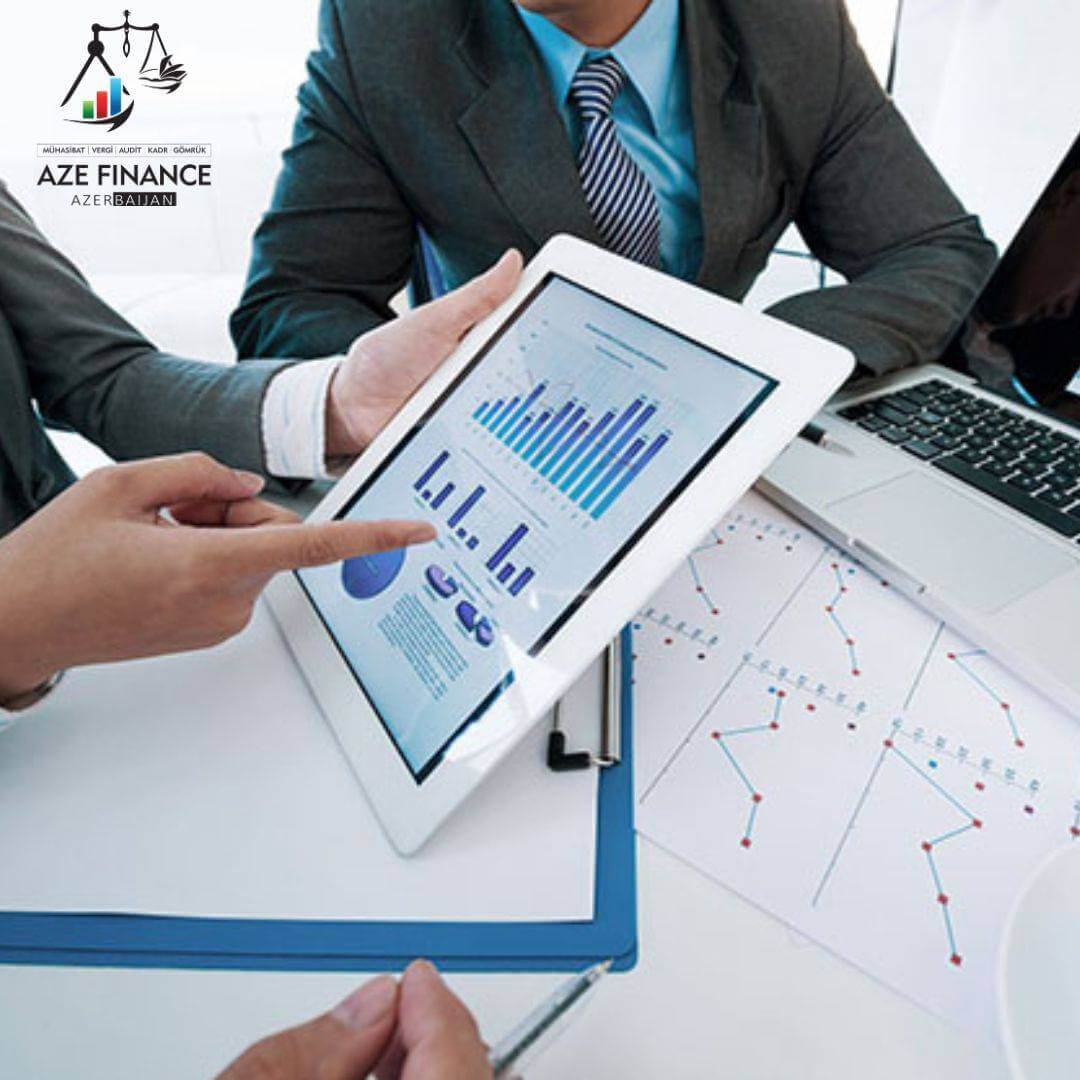If a tax is demanded on unpaid funds, what should the entrepreneur do?
If a tax is demanded on unpaid funds, what should the entrepreneur do?

In Azerbaijan, regular steps are being taken toward the development of the private sector. However, certain challenges for entrepreneurs still remain.
One of the most common issues faced by entrepreneurs in recent times is the delay of payments by clients. In many cases, the contractor fulfills all obligations under the agreement and completes the required work, yet the client delays payment for months.
In such circumstances, entrepreneurs are still required to fulfill their tax obligations. According to the law, tax is calculated from the moment the payment transaction is made, and the entrepreneur must pay it on time. Therefore, even if the money has not yet reached the entrepreneur’s account, the tax is still immediately charged. As a result, the entrepreneur is forced to pay taxes on funds that have not yet been received. This situation seriously affects financial stability: cash flow is disrupted, it becomes difficult to meet other obligations, and employee salaries as well as daily expenses come under threat.
What is the solution for entrepreneurs in this situation?
Anar Bayramov explained that there is a legal mechanism available:
“Tax legislation provides certain opportunities for entrepreneurs. According to Article 85 of the Tax Code, a taxpayer has the right to apply to the tax authority to request a deferral or installment plan for the tax debt. It should be noted that the deadlines for fulfilling tax obligations may be changed under specific circumstances.”
Such circumstances include:
1. When a certificate is provided confirming the client’s debt related to the execution of state orders, in accordance with the Law of the Republic of Azerbaijan ‘On Public Procurement’;
2. When the taxpayer is engaged exclusively in the supply of seasonal goods, works, or services;
3. When the taxpayer suffers losses as a result of natural disasters or incidents at high-risk facilities;
4. When there is a risk of bankruptcy if the taxpayer is required to pay the tax debt in a lump sum, or when the taxpayer is objectively unable to make a one-time payment.
Taking these factors into account, the period for fulfilling tax obligations may be extended depending on the entrepreneur’s choice. For example, a deferral of up to 6 months may be granted. Additionally, based on an agreed payment schedule with the tax authority, an installment plan of up to 1 year may be allowed. This mechanism enables the entrepreneur to pay taxes gradually, rather than in a single payment, thereby easing financial difficulties.”

In Azerbaijan, regular steps are being taken toward the development of the private sector. However, certain challenges for entrepreneurs still remain.
One of the most common issues faced by entrepreneurs in recent times is the delay of payments by clients. In many cases, the contractor fulfills all obligations under the agreement and completes the required work, yet the client delays payment for months.
In such circumstances, entrepreneurs are still required to fulfill their tax obligations. According to the law, tax is calculated from the moment the payment transaction is made, and the entrepreneur must pay it on time. Therefore, even if the money has not yet reached the entrepreneur’s account, the tax is still immediately charged. As a result, the entrepreneur is forced to pay taxes on funds that have not yet been received. This situation seriously affects financial stability: cash flow is disrupted, it becomes difficult to meet other obligations, and employee salaries as well as daily expenses come under threat.
What is the solution for entrepreneurs in this situation?
Anar Bayramov explained that there is a legal mechanism available:
“Tax legislation provides certain opportunities for entrepreneurs. According to Article 85 of the Tax Code, a taxpayer has the right to apply to the tax authority to request a deferral or installment plan for the tax debt. It should be noted that the deadlines for fulfilling tax obligations may be changed under specific circumstances.”
Such circumstances include:
1. When a certificate is provided confirming the client’s debt related to the execution of state orders, in accordance with the Law of the Republic of Azerbaijan ‘On Public Procurement’;
2. When the taxpayer is engaged exclusively in the supply of seasonal goods, works, or services;
3. When the taxpayer suffers losses as a result of natural disasters or incidents at high-risk facilities;
4. When there is a risk of bankruptcy if the taxpayer is required to pay the tax debt in a lump sum, or when the taxpayer is objectively unable to make a one-time payment.
Taking these factors into account, the period for fulfilling tax obligations may be extended depending on the entrepreneur’s choice. For example, a deferral of up to 6 months may be granted. Additionally, based on an agreed payment schedule with the tax authority, an installment plan of up to 1 year may be allowed. This mechanism enables the entrepreneur to pay taxes gradually, rather than in a single payment, thereby easing financial difficulties.”


